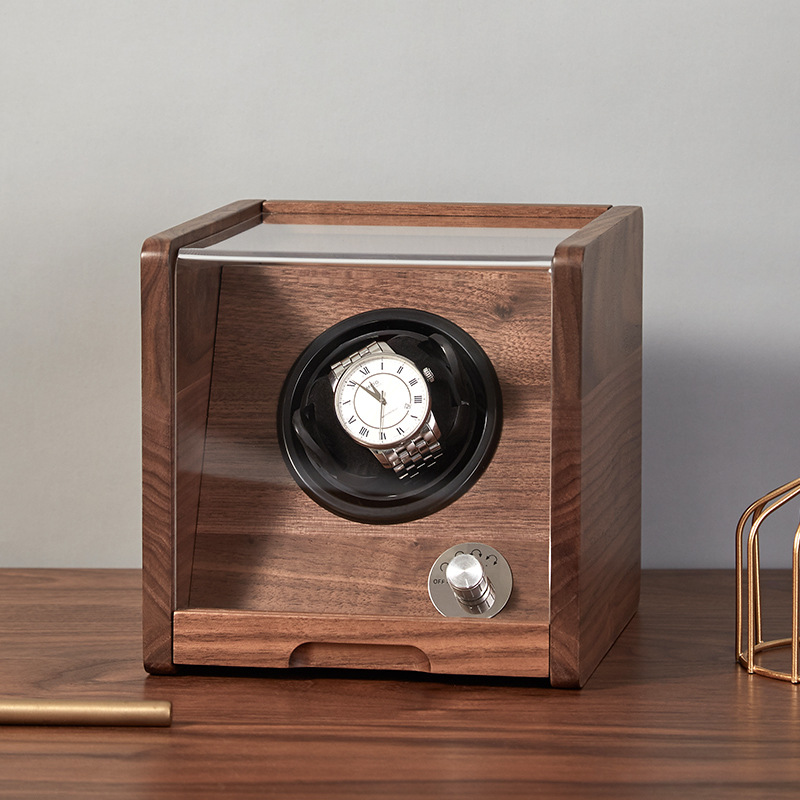Is it good to use a watch winder?
For watch enthusiasts and collectors, the question of whether to use a watch winder is a topic of ongoing debate. A watch winder is a device designed to keep automatic watches running when they are not being worn. While some argue that watch winders are essential for maintaining the accuracy and longevity of automatic watches, others question their necessity and potential drawbacks.
The Pros of Using a Watch Winder:
1. Continuous Running:
Watch winders keep automatic watches running continuously, ensuring that the movement stays lubricated. This can be particularly beneficial for watches with intricate complications that require continuous operation to remain accurate.
2. Convenience:
For individuals with multiple automatic watches, a watch winder offers the convenience of having all watches ready to wear without the need for manual winding each time. This is especially useful for watches with complex setting procedures.
3. Preservation of Complications:
Complicated watches, such as perpetual calendars or moon phases, may lose their settings if left unworn for an extended period. A watch winder helps preserve these complications by keeping the watch in motion.
4. Reduced Wear and Tear:
Frequent manual winding can lead to wear on the crown and stem of a watch. A watch winder minimizes the need for constant handling and winding, reducing the risk of wear and tear on these components.
The Cons of Using a Watch Winder:
1. Overwinding Risk:
Critics argue that continuous winding in a watch winder can potentially lead to overwinding, causing unnecessary stress on the movement and mainspring. Over time, this could result in increased wear and reduced accuracy.
2. Limited Power Reserve:
Some automatic watches have a power reserve that exceeds the time they would typically be left unworn. In such cases, a watch winder may not provide any substantial benefit and could be considered unnecessary.
3. Maintenance Costs:
The initial cost of a quality watch winder can be significant, and there may be ongoing maintenance costs. This includes periodic checks and adjustments to ensure the winder is functioning correctly.
4. Environmental Impact:
Continuous running in a watch winder can expose the watch to environmental conditions, such as changes in temperature and humidity, which might not be ideal for long-term storage.
Conclusion:
Whether or not to use a watch winder ultimately depends on individual preferences, watch types, and how the watches are worn and stored. For those with a collection of automatic watches that they frequently rotate and wear, a watch winder may offer convenience and preservation benefits. However, for watches with extended power reserves or for collectors who prefer occasional manual winding, a watch winder might not be a necessary investment.
In the end, understanding the specific needs of your watch collection and weighing the pros and cons can help you make an informed decision about whether a watch winder aligns with your watch care philosophy.
320
0
0


Comments
All Comments (0)